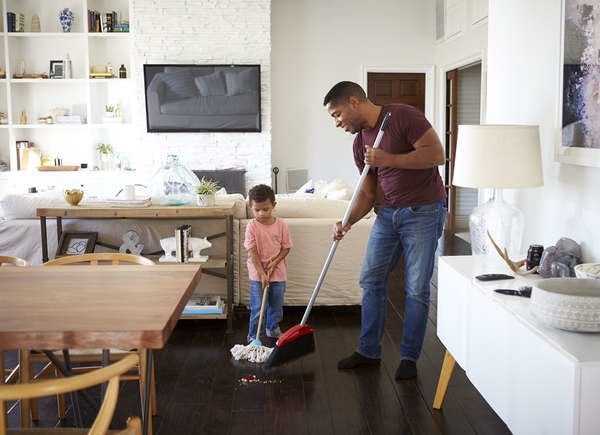Across major cities, urban farming and rooftop gardening have become increasingly popular as a way to combat food insecurity, promote sustainable living, and improve the environment. With more and more people turning to these practices, it’s essential to ensure that they are carried out in a safe and responsible manner. One significant factor in urban farming that often goes overlooked is pest control. How can we effectively manage pests without harming ourselves or the surrounding ecosystem?
The first step towards safe pest control in urban farming is prevention. By keeping the area clean and free of debris, you can eliminate potential hiding places for pests like rodents or insects. It’s essential to regularly inspect plants for signs of infestation such as droppings or damage.
Introducing natural predators is another effective method for controlling pests in an organic manner. For example, releasing ladybugs into your garden can help keep aphids under control without introducing toxic chemicals into the environment.
However, if preventative measures fail and an infestation does occur, it’s vital to turn to eco-friendly solutions for pest control rather than resorting to harsh chemicals. These methods not only protect our health but also support biodiversity by preserving beneficial insects like bees.
One method of organic https://twitter.com/safepestcontrol pest management is using companion planting – strategically placing plants next to each other that repel certain pests or attract their predators. For instance, nasturtiums are known for deterring aphids while attracting predatory insects such as ladybugs.
Another option is using natural repellents made from ingredients like garlic, chili peppers, or neem oil. These substances have been found effective against pesky critters like slugs and caterpillars without posing harm to humans or beneficial organisms.
Maintaining proper hygiene practices within your farming space also plays a significant role in preventing infestations. Unsanitary conditions attract pests who may carry diseases that could pose a threat not just to crops but also human health.
For many rooftop gardens and urban farms operating in close proximity to each other, integrated pest management (IPM) may provide a collective solution. IPM involves identifying and monitoring pests while implementing various control methods simultaneously. It’s a more sustainable approach that prevents overuse of one particular method and offers long-term solutions.
Furthermore, involving the community in pest control efforts can enhance the effectiveness of these measures. Educating individuals about proper hygiene, prevention methods, and safe pesticide usage can create awareness and promote responsible practices within the community at large.
In conclusion, safe pest control is essential for the success of urban farming and rooftop gardens. By being proactive in prevention through cleanliness and natural predator introduction, adopting eco-friendly methods like companion planting or natural repellents when needed, promoting good hygiene practices within farmspaces,and adopting sustainable approaches like integrated pest management we can strike a balance between controlling pests while maintaining ecological integrity.


